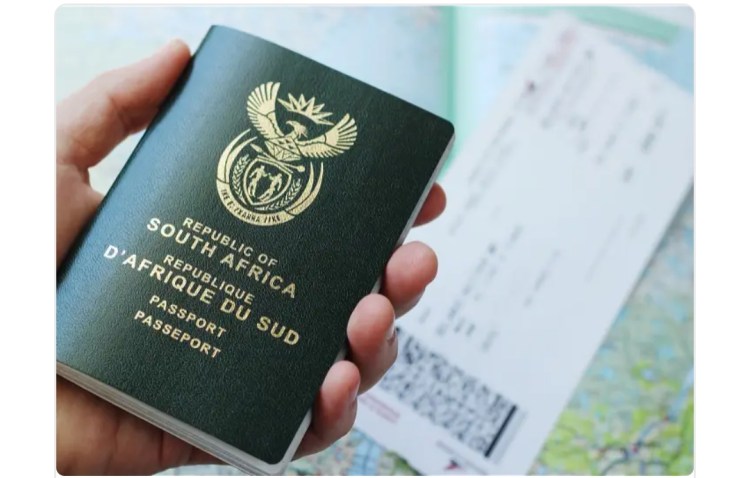South Africa has passed new visa regulations for skilled foreign remote workers, creating opportunities for the country to commence the issuance of digital nomad visas.
The digital nomad visas are applicable to foreigners earning more than R1m a year (about $53,665) who want to migrate to South Africa.
While the country has not offered any official statement as regards the development, it was gathered that the digital nomad visa has replaced the critical skills visa.
The Minister of Home Affairs, Aaron Motsoaled, in the new regulations drafted and published in February for the public to share feedback and comments that would shape the eventual outcome of the visa.
It has also been revealed that the deadline for submissions was set as March 29.
The move has caused mixed reactions among locals, as some believe that the digital nomad visa will make the country more appealing to international tech talent, while others have expressed their concerns that it could cause living expenses to increase, and lead to tax issues.
According to Visa Guide World, South Africa’s authorities have unfolded plans to introduce the digital nomad visa in February this year.
The move came as part of efforts to attract tech talent to its territory.
Therefore, South Africa’s Department of Home Affairs (DHA) proposed changes to the country’s immigration laws.
The new amendments include introduction of a new point-based system for work visas as well as the provision of digital nomad visas to internationals earning at least R 1 million ($52,575) per year.
Among the concerns raised is whether the minimum salary requirement of R1,000,000 ($52,575) refers to gross or net income, and whether freelancers would qualify for the visa.
Meanwhile, speaking about the new regulations in February, South African President, Cyril Ramaphosa, emphasised that the country needed more skilled people to thrive in the evolving global economy
The digital nomad visa by South Africa would make it join other countries on the continent that offer remote work visas, including Cape Verde, Mauritius, the Seychelles, and Namibia.






